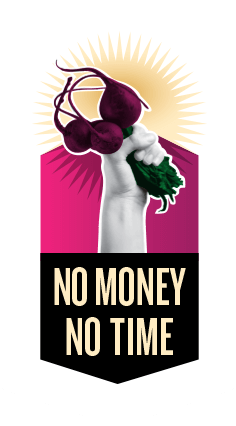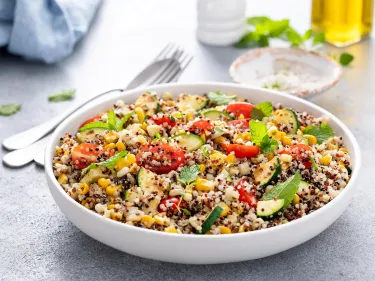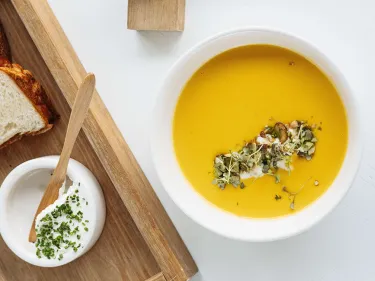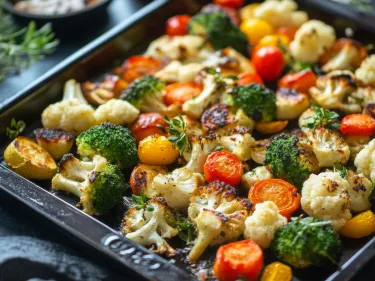Serves = 6
- 500g beef stir fry strips (or chuck, sirloin or oyster blade steak cut into strips), visible fat and skin removed
- 1x 420g tin black beans
- 1 brown onion
- 1 medium celery stalk
- 2 small carrots
- 2 tsp minced garlic
- 375g mushrooms
- 2 cups beef stock (salt reduced)
- 2 tbsn dijon mustard
- 3 tbsn worcestershire sauce
- 1 tsp pepper
- 1 tsp thyme (dried)
- 2 tbsn cornflour dissolved in 1/4 cup water
- 300g plain greek yoghurt
- 1/4 cup fresh parsley, chopped
- 500g egg noodles











